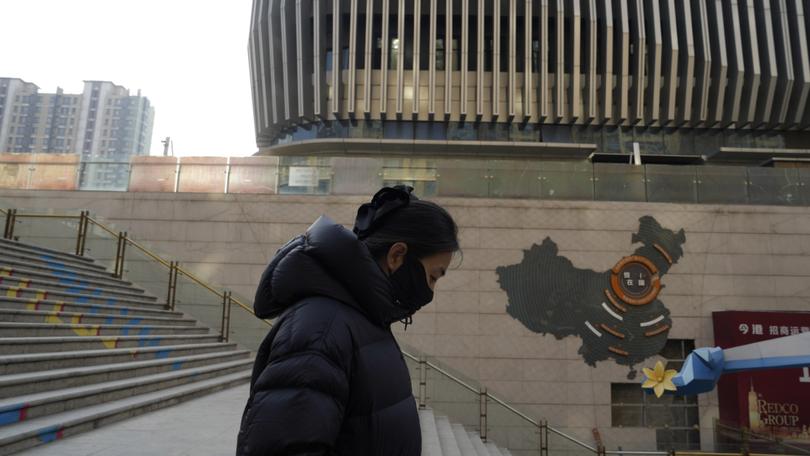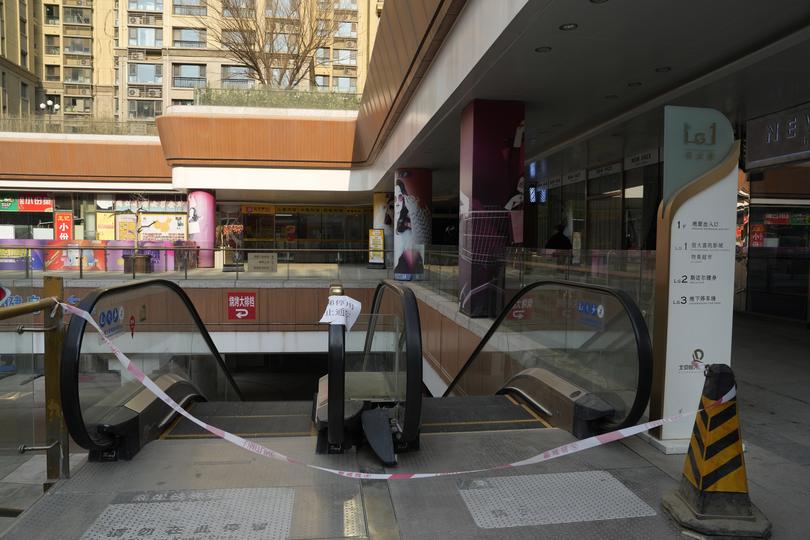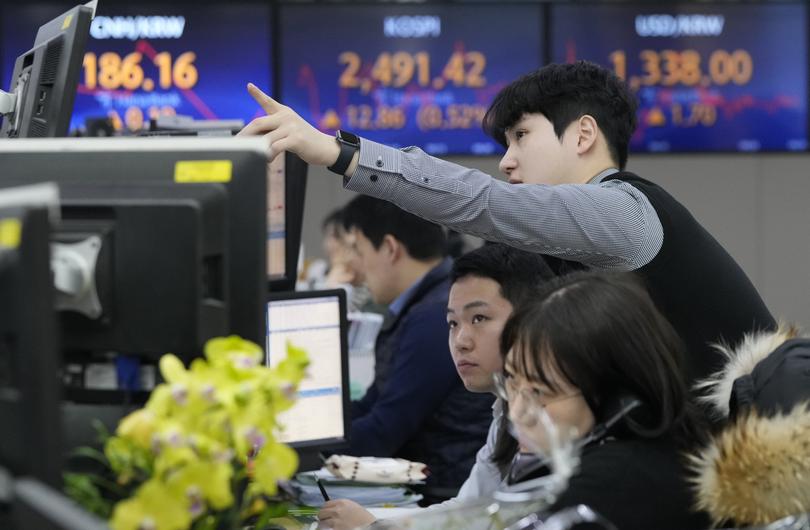The Economist: Evergrande’s liquidation is a new low in China’s property crisis
No firm has been more central to China’s property crisis, which kicked off when Evergrande first showed signs of weakening in mid-2021.

“Enough is enough,” declared a Hong Kong judge on January 29th of Evergrande, a failing Chinese property behemoth, and its two-year struggle to avoid repaying its creditors. In a landmark ruling, the court ordered a liquidation of the company, which, with more than $300bn in liabilities, is the world’s most indebted real-estate developer. A provisional liquidator will be appointed, assuming management of the company. Now foreign creditors must attempt to recoup their losses from a firm that holds most of its assets in mainland China. The ruling could pit Hong Kong’s courts against a Chinese government determined to restore public confidence to a struggling market.

No firm has been more central to China’s property crisis, which kicked off when Evergrande first showed signs of weakening in mid-2021. Government rules meant to wean developers from debt eventually pushed the company to default later that year. Since then a majority of China’s listed property developers have either failed to pay their investors back or have been forced into restructuring. Their access to credit has been virtually cut off, causing builders to stop working on projects across the country. Prospective homebuyers have delayed purchases, leading to a 6.5% decline in the value of sales, year on year. This has unnerved a population that stores most of its wealth in property.
Sign up to The Nightly's newsletters.
Get the first look at the digital newspaper, curated daily stories and breaking headlines delivered to your inbox.
By continuing you agree to our Terms and Privacy Policy.Until relatively recently policymakers had hoped that a successful restructuring of Evergrande could pave the way for a slow but steady revitalisation of the market. Instead, Evergrande missed important deadlines for producing a restructuring plan and, when it did offer one, underwhelmed investors. Its proposal, which was panned by bondholders, involved giving creditors a stake in some of Evergrande’s other businesses, such as its electric vehicle line. Far from restoring confidence, the battle became increasingly ugly. At one point a group of bondholders demanded that Hui Ka Yan, Evergrande’s chairman, put up $2bn of his own money. Mr Hui was later detained by Chinese authorities. His whereabouts are unknown.
The housing crisis has drained global investors of confidence in Chinese policymaking. It is now doing similar damage to Hong Kong’s reputation. For decades, foreign investors have gained access to China through Hong Kong. One of Hong Kong’s distinct features has been a legal system, separate from China’s, that is based on common law. But court rulings in Hong Kong have no guarantee of being upheld in mainland China, where almost all of Evergrande’s assets are based.
The liquidator appointed by a Hong Kong court will be forced to deal with local authorities that may not recognise an order drawn up outside China’s legal system. Although a pilot project to recognise cross-border rulings was set up in 2021, qualification requirements are tough and the scheme is only recognised in a few cities. Hong Kong rulings can easily be shot down by mainland courts if they have the potential to disturb public order.

Indeed, as Tommy Wu of Commerzbank, a German lender, has written, a full liquidation of Evergrande’s Chinese assets would probably send a shock through the Chinese economy. Property developers have sold many properties to ordinary Chinese folk that they have not yet provided. Investors’ claims on Evergrande’s projects, or any cash holdings it still has, could get in the way of their delivery. This would work against Beijing’s best efforts to restore confidence in the market. Any such activity would be viewed by policymakers as unacceptable, almost guaranteeing that the liquidation process will be long and drawn out.
The latest Hong Kong ruling leaves room for restructuring, with the judge noting that Evergrande can still offer this to creditors. The company says that it aims to produce a new plan, possibly by March, and since a liquidator will be taking over negotiations there may now be a better chance of a deal. But it will not be one that includes many Chinese assets. And for a firm that mainly owns Chinese property, that is a problem. Evergrande’s liquidation marks a new low in China’s property crisis — it is far from the end of it.
